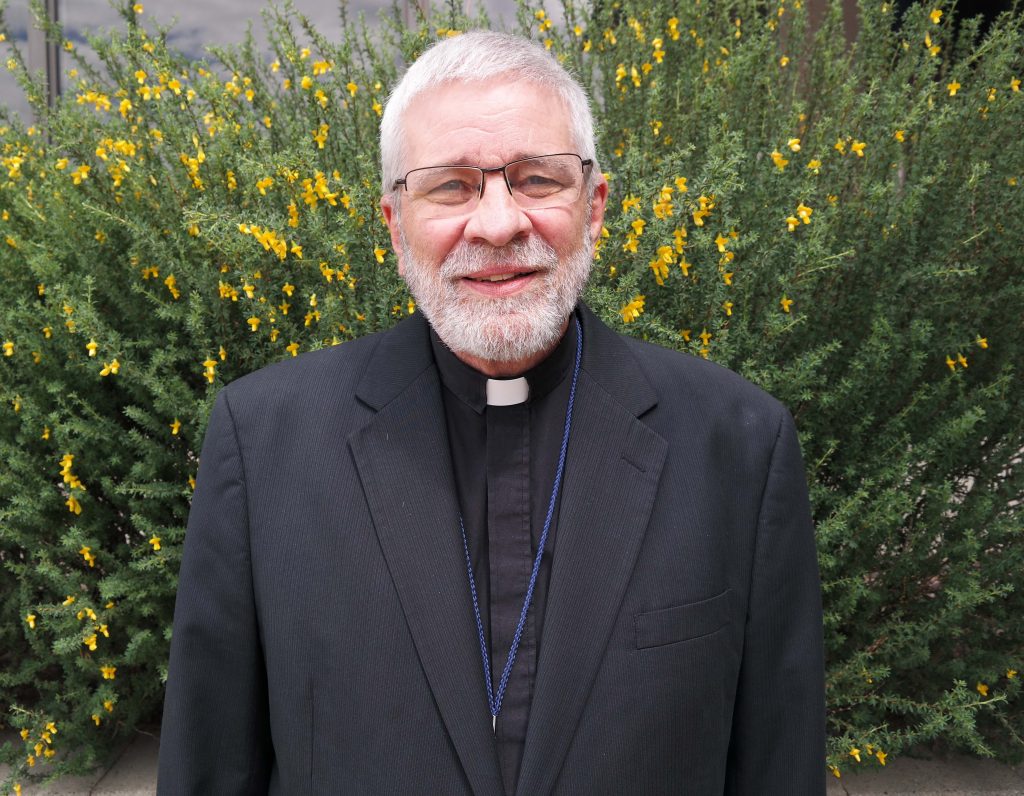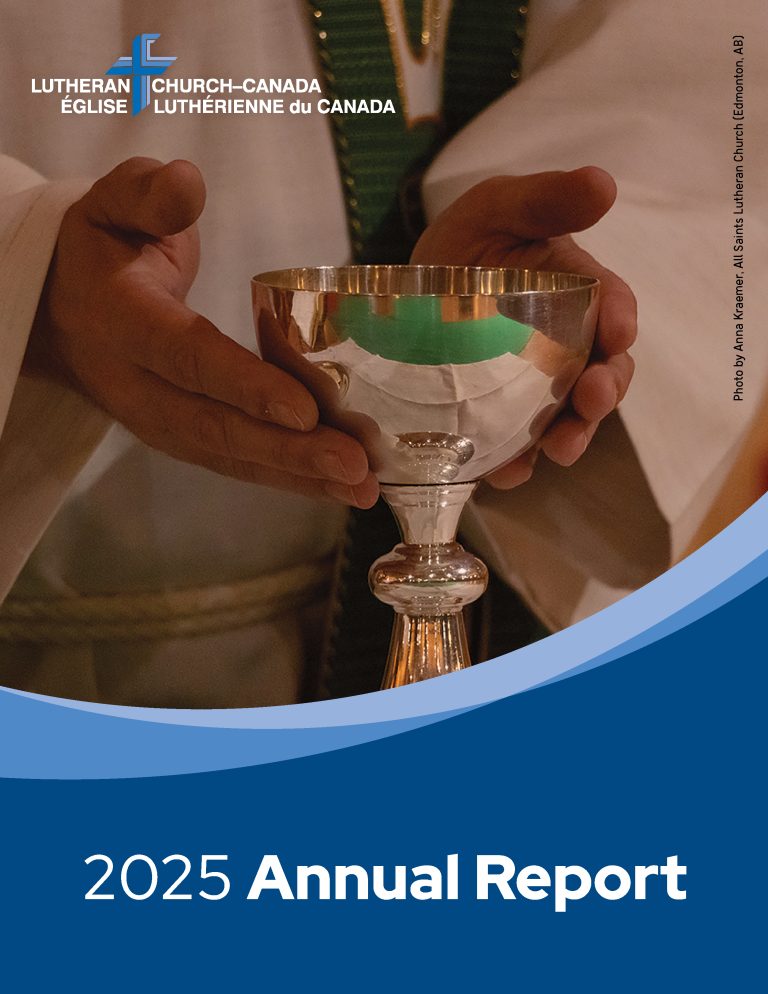We Value Vocation

by Timothy Teuscher
“We value each person’s unique God-given gifts, talents, and abilities, enabling them to witness Christ’s redeeming love in all aspects and stations of life.” That is the fourth value statement identified as part of the Strategic Framework process presented at this past summer’s synodical convention. We’re talking here about that much-neglected and misunderstood word ‘vocation’—a word that literally means ‘calling’.
But what exactly is your vocation, your calling, your station in life? That often ignored and over-looked part of the Small Catechism entitled ‘Table of Duties’ helps us in this regard. “Certain passages of Scripture for various holy orders and positions, admonishing them about their duties and responsibilities” is how Luther begins this section, outlining various vocations or stations in life in which we have all been placed, whether it be in the church, at home, at work, or in society in general.
And what are these? Well, to use the subheadings from the catechism: in the church there are the holy orders of preachers of the Word and hearers of the Word; in the home there are the vocations of husbands, wives, parents, children (and, in our day and age, we could probably add grandparents as well); at work there are the callings of employers and workers; in society there are the holy orders of governing authorities and citizens; and then there are general vocations for youth, widows, and indeed everyone.
Now, how are we to go about fulfilling these vocations or holy orders? What is to characterize the relationship of pastors and congregation members, of husband and wives, parents and children, of employers and employees, of citizens and neighbours? The Augsburg Confession answers: “The true order of God (is) that everyone, each according to his own calling, manifest Christian love and genuine good works in his station of life” (AC 15.5).
Now, the unique and varied gifts, talents, and abilities that we have all received from God, as well as the various callings or stations in life in which we have been placed, have this ultimate purpose—namely, “to witness Christ’s redeeming love.”
The apostle Paul speaks of this in nearly all his epistles. For instance: “Having gifts that differ according to the grace given to us, let us use them: if prophecy, in proportion to our faith; if service, in our serving; the one who teaches, in his teaching; the one who exhorts, in his exhortation; the one who contributes, in generosity; the one who leads, with zeal; the one who does acts of mercy, with cheerfulness” (Romans 12:6-8). Likewise, St. Peter writes: “As each one has received a gift, use it to serve one another, as good stewards of God’s varied grace: whoever speaks, as one who speaks oracles of God; whoever serves, as one who serves by the strength that God supplies—in order that in everything God may be glorified through Jesus Christ” (1 Peter 4:10-11).
Now, the unique and varied gifts, talents, and abilities that we have all received from God, as well as the various callings or stations in life in which we have been placed, have this ultimate purpose—namely, “to witness Christ’s redeeming love.”
We see an example of this in the shepherds who were witnesses to the birth of Christ. It was in the course of abiding by their vocation—even though it was a rather mundane, lowly, and despised task “keeping watch over their flocks by night” (Luke 2:8)—that the angel announces to them of all people the good tidings of great joy concerning the birth of Jesus. And after they had gone with haste “to see this thing that has happened” (Luke 2:15), what did they do? “They made known the saying that had been told them concerning this child” (Luke 2:17)—becoming also, as it were, messengers (which is what the Greek word “angel” literally means) to others concerning the birth of the promised Saviour of the world.
What happened after that? St. Luke tells us: “And the shepherds returned, glorifying and praising God for all they had heard and seen, as it had been told them” (Luke 2:20). Returned where? Why, to their sheep! In a Christmas sermon, Martin Luther puts it this way: “The shepherds do not run away into the desert, don monk’s garb, and change their schedule, food, drink, or work. They return to their place in the field to serve God there. For being a Christian does not change one’s external position; rather it provides a different heart, a different disposition, will, and mind which do the same works as before. Moreover, the shepherds returned to their flocks with praise and thanksgiving to God and were well satisfied, even though they did not become wealthier, were not awarded higher honours, did not eat and drink better, were not obliged to carry on a better trade. In this you have a picture of true Christian life, especially as pertains to its external aspects: on the outside, it shines forth not at all or at most a little bit in the sight of people so that it may seem as error and foolishness; but on the inside it is sheer light, joy, and bliss.”

How right and proper it is that “we value each person’s unique God-given gifts, talents, and abilities, enabling them to witness Christ’s redeeming love in all aspects and stations of life.”
———————
Rev. Dr. Timothy Teuscher is President of Lutheran Church–Canada (LCC).
A new value statement will be discussed in forthcoming issues of The Canadian Lutheran magazine. Check out the other columns in this series:



